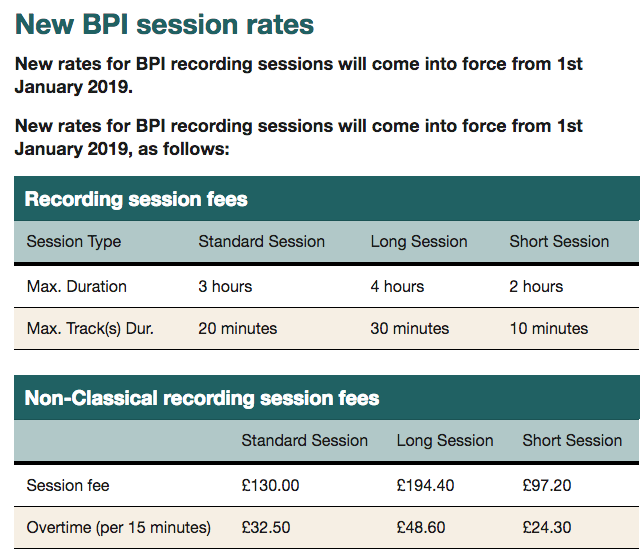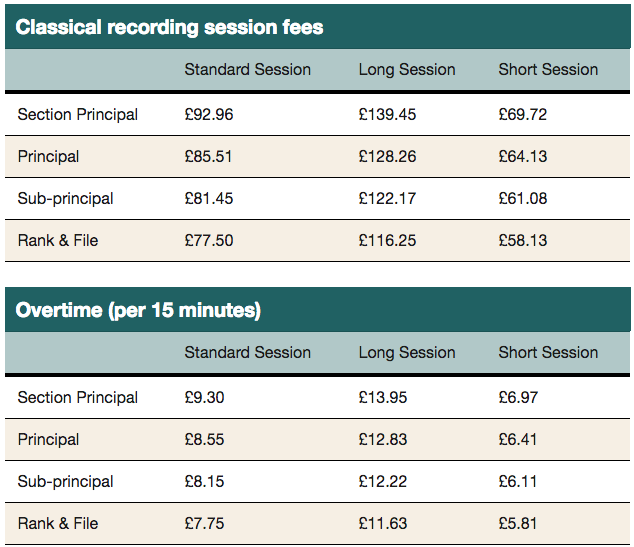How does it benefit me and Mother Fungus?
During this project, I was lucky enough to play a large range of music including the Chicago soundtrack, pop, country, rock, jazz and hip hop. Although it was very demanding for me to adapt to all of these genres, it has hugely benefited me as a musician and as a creator. By doing a range of session work, I have developed areas of my playing including my timing and my theoretical knowledge as well as being able to see the inner workings of different bands. This has allowed me to have the knowledge and confidence when leading my own band mother fungus both in the music management and people management areas.
At this stage in my musical development, first hand performance and the experience of performing in multiple bands is the best way for me to apply the theoretical and practical knowledge that I have built up. By collaborating with different artists, I have discovered new ways in which I can approach the keyboard and different roles that I can play within a band.
”Knowledge is of no value unless you put it into practice” – Anton Chekhov
It is not uncommon for a professional musician to be in more than one band and therefore doing this amount of session work has allowed me to see the demands and expectations of playing in multiple bands at a professional standard. Some of my current favourite jazz pianists and musicians play a range of genres in different bands, for example Robert Glasper has collaborated with dozens of musicians and has experimented with hip hop, R & B and jazz. Cory Henry is another musician who has been a main staple of Snarky Puppy’s lineup, playing outrageous keyboard parts as well as heading his own band which is much more Gospel based and features Cory on lead vocals and the hammond organ. Collaborations in music are often a key part in an artist developing their sound and moving forward in their music.
For example, Nile Rodgers carried on his musical success with Chic by working with artists such as Diana Ross and David Bowie. The influence of his guitar style and Ross’s vocal style combined in them creating Ross’s biggest hit upside down, which is still a classic to this day.
The base of Mother Fungus was built from me, Shaun and Fraser and I would never have met or played with Fraser if I hadn’t of played in Zed Leppelin. By playing as a session musician, I have begun to develop a network of contacts which has allowed me to develop the framework for Mother Fungus as well as being able to develop our gigging contacts, whom we can share a stage with or help to organise an event with. Our mock gig in the Mother Fungus project consisted of two support bands containing members of Mother Fungus which was a great way to collaborate by celebrating each others music. By involving myself much more in the local music scene, I have become much more confident in playing within bands as well as performing live.
What is a session musician?
https://www.thebalancecareers.com/what-is-a-session-musician-2460709
Here is an interesting article that covers the basics of being a session musician as well as the overall process of of getting jobs and getting paid.
“A session musician comes on board to play during a session, either in the studio or on stage but is not a permanent part of the band. They may come in and play on one song during a recording session, or they may join a band for an entire tour. When a session musician makes a one-off contribution during recording, the lines between the session musician and the band are quite clear and distinct to everyone involved. When a band tours with session musicians on tour for a long period, it is easy for these lines to be blurred if there is not a clear agreement in place.”(The Balance Careers, 2019)
This quote taken from the article above pretty much sums up the basic role and expectations of a session musician. Session musicians are basically free lancing musicians who are hired to work on music projects such as performances and recording sessions.
Session musicians are incredibly talented on their instrument and will often be required to sightread music on a job or be sent music and work on it at home. From my experience in the alhambra pit band, I have seen how complicated the score for musicals can be and therefore in order to go down the route of session musician it is important to refine the skill of being able to sight read as well as constantly improving technically in order to progress as a musician.
An interesting part of reading in the article is that session musicians don’t usually take any a percentage of the cut of when the record or song has been selling as they are are only being hired to play the part and haven’t written it meaning that if a song went platinum, the session musician wouldn’t get any of the cut. However they would probably gain a better reputation as well as potentially being booked for gigs off the back of this.
Session Musician Rates
Here are the newest rates as published on the music union website from 1st January 2019.


As I am not classically trained and do not regularly play classical music, I probably wouldn’t be playing in a classical session anytime soon however I thought it was interesting to see the contrast between playing on a non recording classical session compared to a classical one. It surprises me how much the difference is in set payment for between the two, as classical music is very highly regarded and often very technically demanding , therefore I was shocked to see that the rate was quite a lot less. It is also interesting to see how the rate differs between you role on that instrument in the classical category which I guess makes sense if there’s more music to learn, however I find it slightly strange.
Overall, I’m sure that if you have built up a reputation for being a reliable and good standard session musician, then you could make a good living off of the rates above, provided that you are working two or three sessions a week at least. The hard part is building your way up to being recognised and recommended as a good session musician and being able to stay hands on with all the work.
As a lot of session work in the UK is in London and London is increasingly getting more expensive to live in, you would have to be working a decent chunk of each week in order to keep up with living costs. I will therefore look into the best way to build up my reputation as a session musician.
Promoting Myself as a Session Musician
http://blog.sonicbids.com/how-to-get-hired-as-a-session-musician
Here is an interesting article, which talks about the best ways to build your reputation and brand as a session musician. The just of the article is that you should build yourself up slowly and from a local standpoint by first advertising yourself to friends and family. As your reputation grows in this field you will then be recommended for more work. A good thing to do whilst working as a low key session musician is to build up a portfolio of work in order to show as evidence when you are applying for other jobs.
Becoming involved with local recording studios or record businesses means that they might be more likely to recommend you to other local connections meaning that you can build up a web of contacts which will grow larger all the time.
Although a lot of music work is centered in London, there are still a few vibrant music scenes up north including Manchester and Leeds which are quite close to Bradford. This means that building a reputation in the North going forward still has a huge potential and there will be lots of jobs on offer.
Of course, session work is hugely competitive and it is very important to have a high standard of music knowledge as well as being a nice person to work with. The standard of my playing will be something that will hopefully continue to rise massively over the next few years.
I feel that if I can build up local links in this project and perform at a good standard , then I will be on my way to establishing myself as a decent session musician in Bradford.
